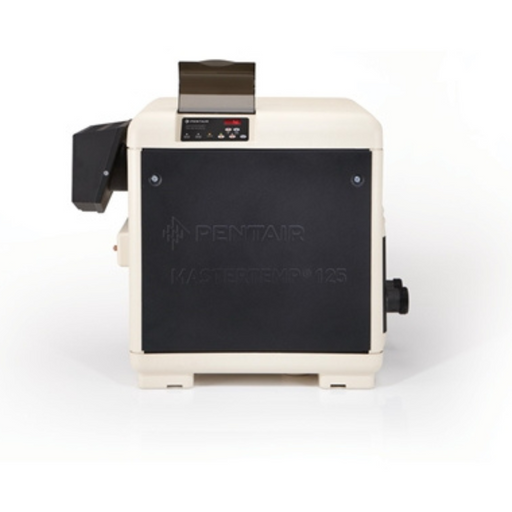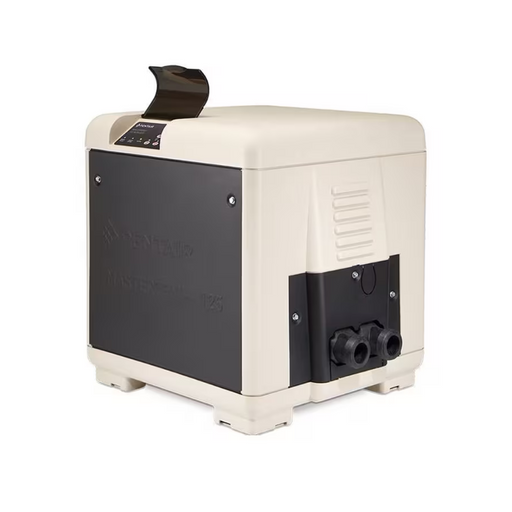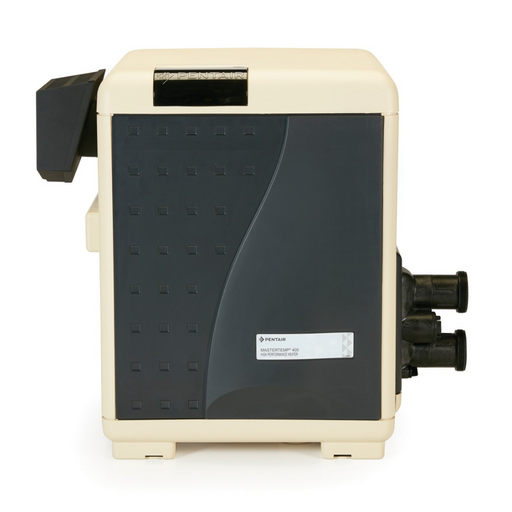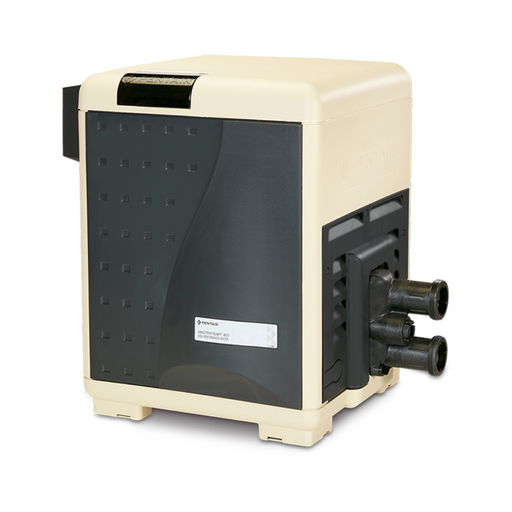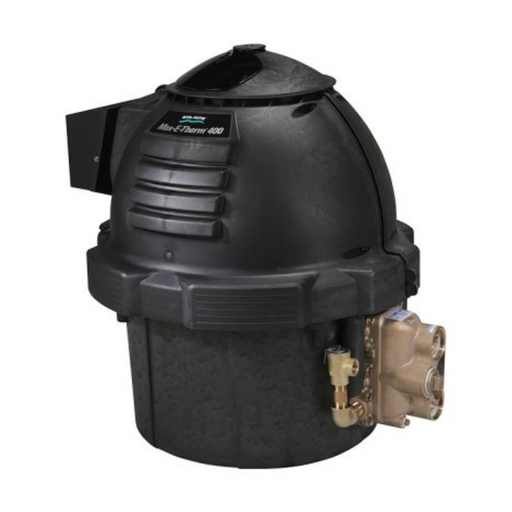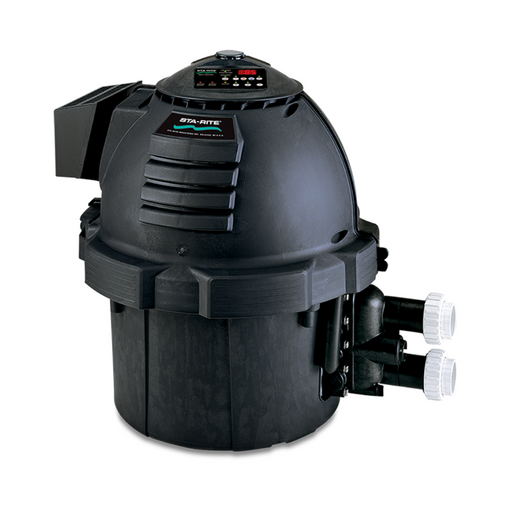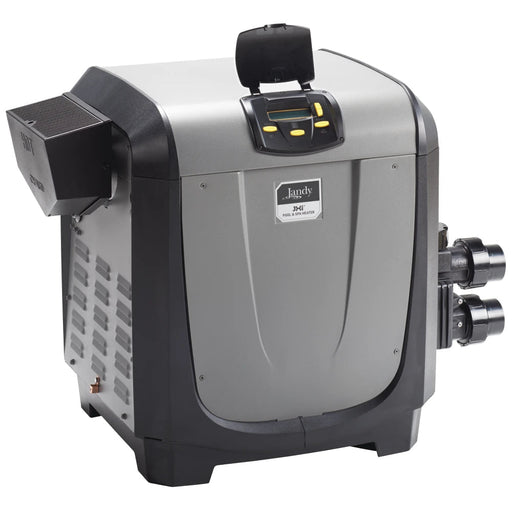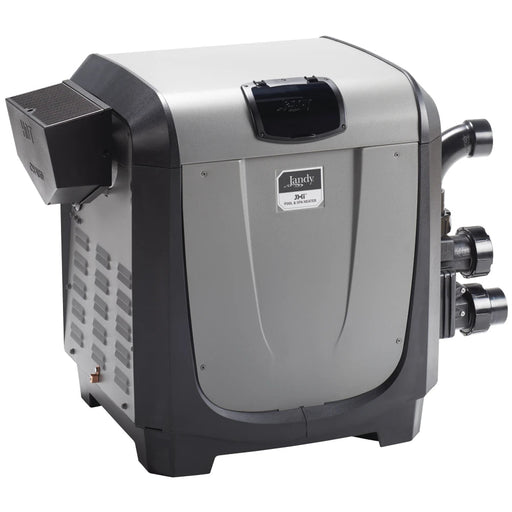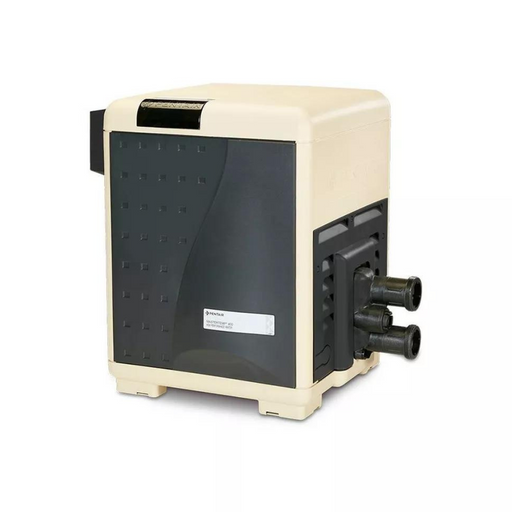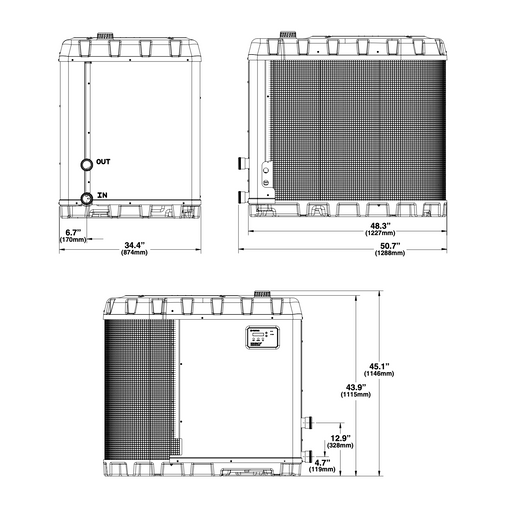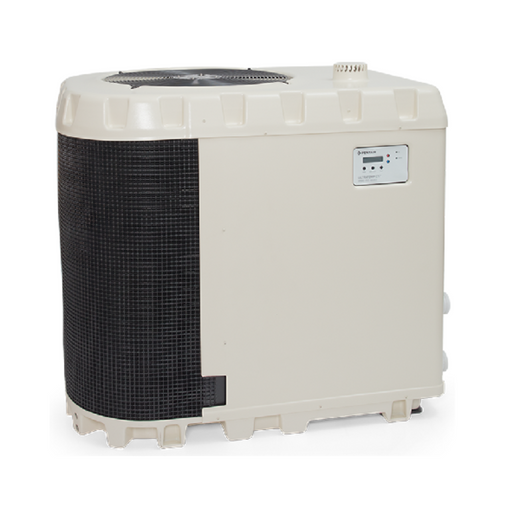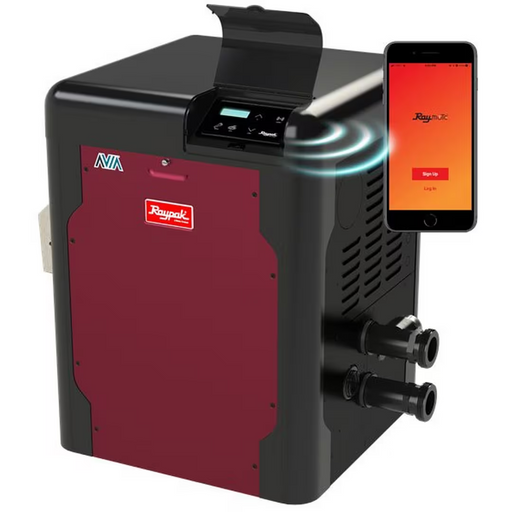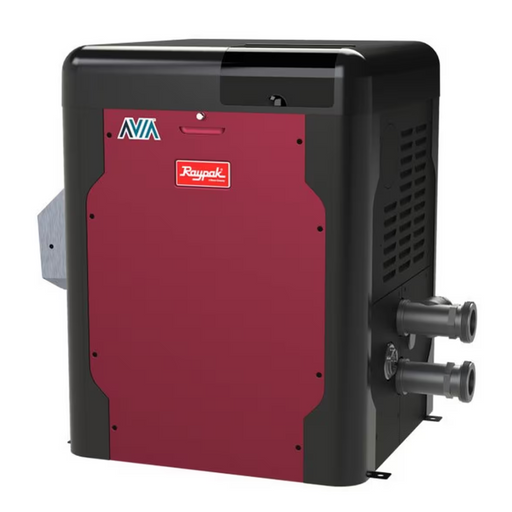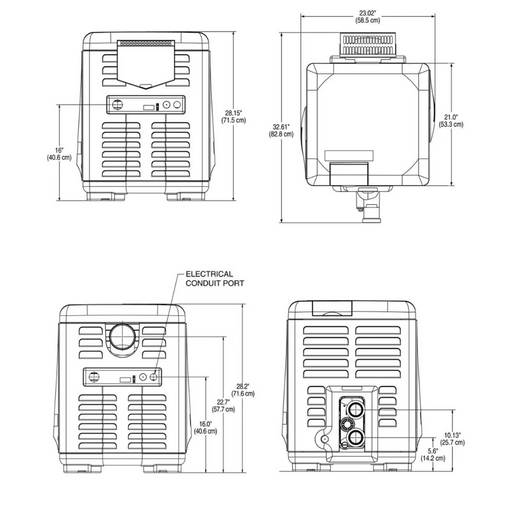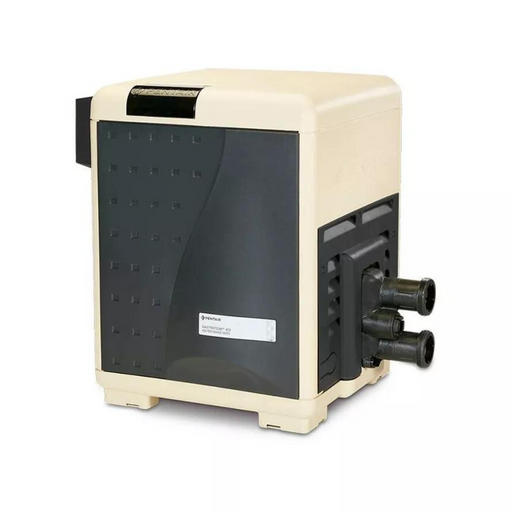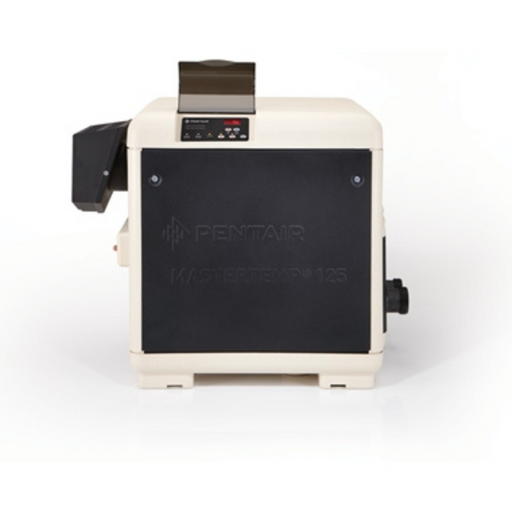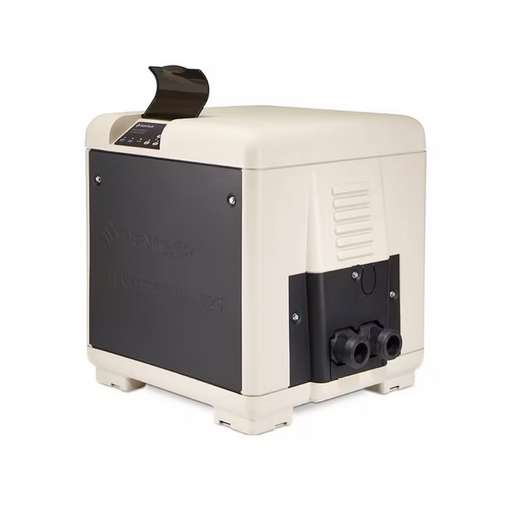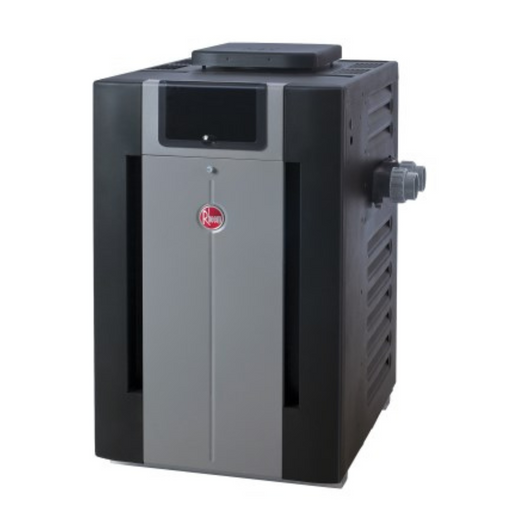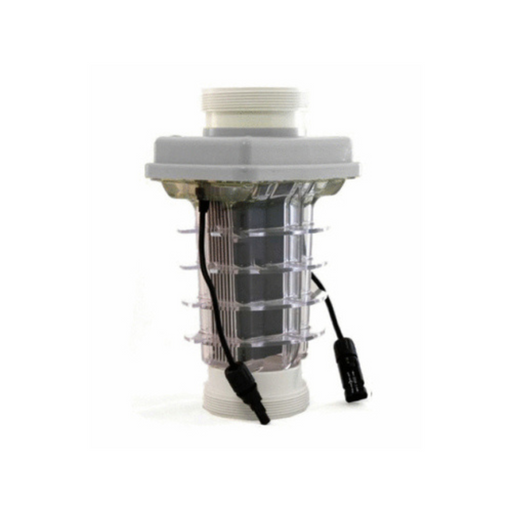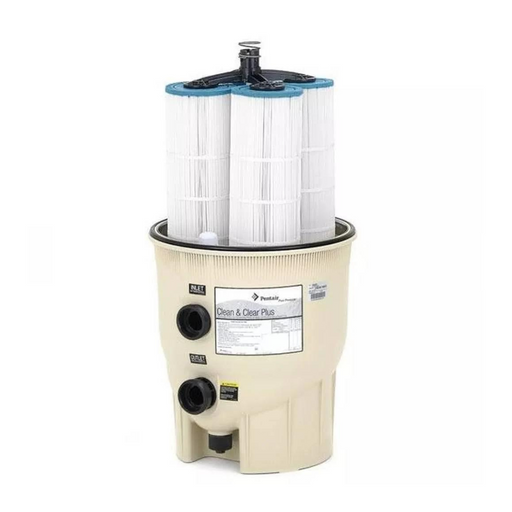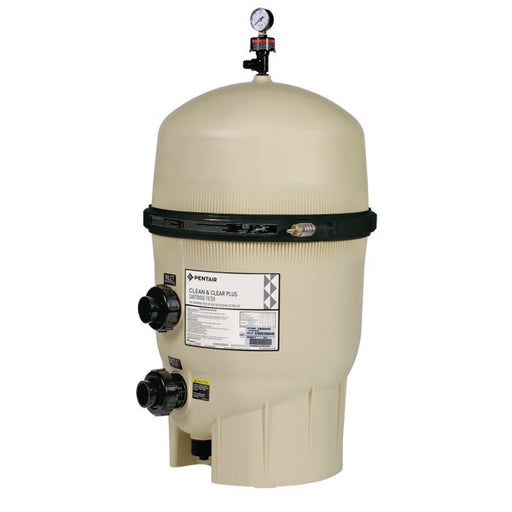Call or Text 303-736-9856
Best Sellers
-
Pentair MasterTemp 125 High Performance Heater, Natural Gas/Propane, 125K BTU
THE HIGH-EFFICIENCY, HIGH-TECH HEATER FOR POOLS UP TO 15,000 GALLONS. The MasterTemp 125 Heater provides energy-saving and advanced operating featu...
View full details -
Pentair MasterTemp High Performance Heater, Natural Gas/Propane, Copper/Cupronickel, 175K-400K BTU
HEAT YOUR POOL SMARTER Save money and energy with the MasterTemp High-Performance Heater. Already known as being dependable and efficient, MasterTe...
View full details -
PureChlor CLG125A-010 Replacement Cell for 25K gal Salt Chlorine Generator CLG125A
Original price $685.00 - Original price $685.00Original price$685.00$685.00 - $685.00Current price $685.00Brand: PureChlor/Solaxx Replacement Service Cell Weight: 4 pounds For Use With: Purechlor CLG125A 25,000 gal Salt Chlorine Generator UPC Code: 00...
View full detailsOriginal price $685.00 - Original price $685.00Original price$685.00$685.00 - $685.00Current price $685.00 -
Pentair Max-E-Therm® Heater, Propane Gas, 200K-400K BTU
YOUR POOL HEATER JUST GOT A WHOLE LOT SMARTER. For indoor or outdoor installations on pools and spas. Features include an LCD temperature readout w...
View full details -
Pentair 160340 Clean & Clear Plus Multi Cartridge Filter 320 Sq Ft CCP320 EC-160340
Original price $0.00 - Original price $0.00Original price $0.00$1,329.00$1,329.00 - $1,329.00Current price $1,329.00FOUR HARD-WORKING CARTRIDGES KEEP POOL WATER CLEAR. Clean & Clear Plus Filters have a corrosion-resistant injection molded filter tank featurin...
View full detailsOriginal price $0.00 - Original price $0.00Original price $0.00$1,329.00$1,329.00 - $1,329.00Current price $1,329.00
Residential Pool Heaters & Heat Pumps
Residential Swimming Pool Heaters, Heat Pumps & Spa Heaters
The perfect pool is neither too hot nor too cold. A comfortable and enjoyable 77-85 degrees provides the optimal experience. However, depending on where you live and your climate, keeping a continuous temperature throughout the summer or even all year requires heating your pool.
A pool heater or a pool heat pump are the most common heating solutions that allow you to extend your swimming season. Both enable energy-efficient heating for every budget, and there are various factors to consider when determining the best heating solution for your pool.
Are pool heaters gas or electric?
Pool heaters can be either gas or electric, depending on the model and type of swimming pool.
Gas heaters use natural gas or propane, while electric heaters use standard electricity. Gas heaters are typically more expensive to install but may provide cost savings in the long run as they are generally more efficient than electric models. Additionally, gas heaters have the advantage of being able to provide a faster heating time and higher temperatures than an electric heater can manage.
Electric pool heaters, however, tend to be less expensive upfront and require less maintenance over time. They also offer more precise temperature control and are quieter than their gas counterparts. They could be more costly to run long term depending on your local cost of electricity.


